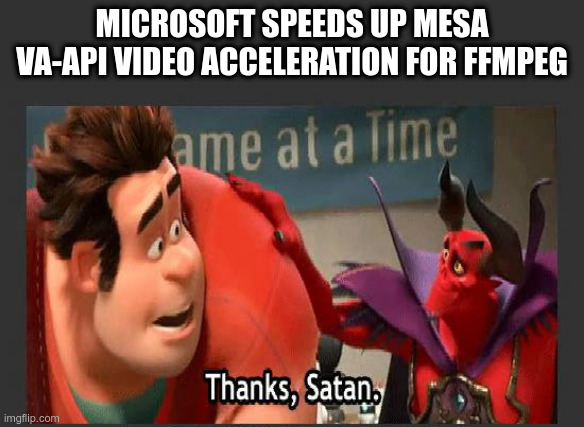Originally posted by schmidtbag
View Post
Originally posted by Volta
View Post


Comment